International
•
Southern African
»
Mbaqanga
Mbaqanga was one of South Africa's most popular native musical styles, originating in the black townships in the late '50s and early '60s. At first, mbaqanga was an instrumental music, an urban outgrowth of the pennywhistle jive music (or kwela) that groups of black street musicians had imported from rural areas. When record companies began to record pennywhistle jive in the early '50s, more elaborate arrangements and compositions began to replace the simpler format of a lead melodic flute soloing over harmonies provided by two or three other flutes. Mbaqanga was born when the saxophone replaced the pennywhistle as lead instrument on Spokes Mashiyane's 1958 single "Big Joe Special." The music wasn't nearly as complex as jazz, since most mbaqanga musicians learned to play through feel, not by reading music; it was built mostly around simple melodies and rhythms that could be easily repeated. As mbaqanga developed, electric bass was added to the rhythm section, and the percussion accompaniment became correspondingly more powerful and danceable in order to keep pace. Electric guitars completed the transition to fully non-acoustic instrumentation in the early '60s, and soon afterwards, vocals began to appear on mbaqanga records, based on an Africanized version of American doo wop harmony that relied on five parts instead of the customary four. As practiced by pioneers Mahlathini & the Mahotella Queens, vocal mbaqanga (dubbed "mqashiyo") relied on female vocalists to handle the intricate harmonies, and a growling, deep-voiced "groaner," as the male vocalist came to be known, who provided a sharply contrasting sound. This formula persevered into the '70s, and although Mahlathini & the Mahotella Queens retained their popularity, most new mbaqanga bands featured only male vocalists. However, imported American soul and disco records were capturing the younger audience by this time, and had it not been for the international discovery of mbaqanga in 1986 thanks to records like The Indestructible Beat of Soweto and Paul Simon's Graceland (which actually owed much more to Zulu a cappella singing than mbaqanga), most of the music's audience would have disappeared.
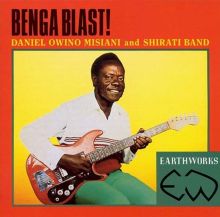
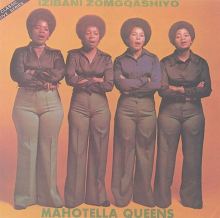
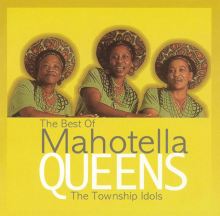
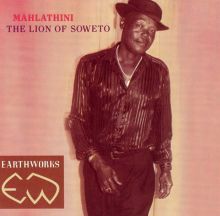
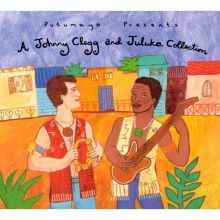
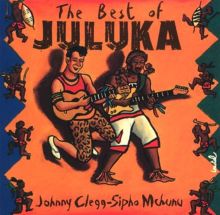
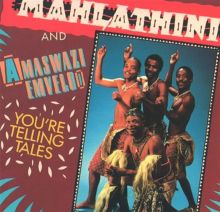

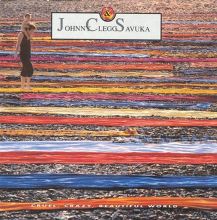
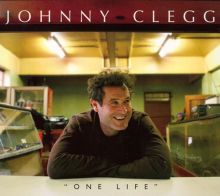


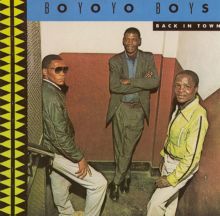

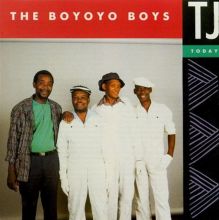

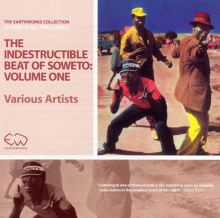




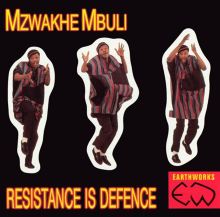





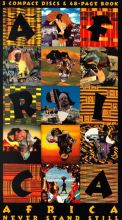

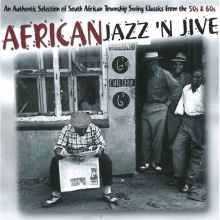
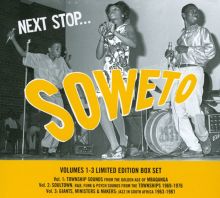










![Rough Guide to the Music of South Africa [1998]](https://fastly-s3.allmusic.com/release/mr0001851755/front/220/zQC5CAG-mNd2cdIceISgpxyhM-OFI8zG4l-qVpXXB1I=.jpg)